Odoo - NGO's ERP

Uptomize is an authorized Odoo services partner for nonprofits
Odoo is an Enterprise Resource Planning (ERP) business software platform.
Odoo is very affordable and a great fit for most nonprofit organizations.
The software is used by thousands of organizations and millions of users.
Nonprofit Software Needs: The Problem
Nonprofits, NGOs, and not-for-profit organizations have a common goal: to better society by supporting their communities with services, education, or other missions. Nonprofit organizations typically have a charitable, educational, religious, scientific, or social purpose. While the objective of nonprofits is not to generate a profit, most nonprofits rely on generating income to support their programs. Any surplus revenue will be invested back into programs to grow outreach and services provided.
Aside from having a specific mission and reinvesting their unused revenues, a nonprofit’s operational needs are not entirely different from those of commercial companies. Both rely on standard operations such as annual business planning, execution of programs, and maintaining a strong relationship with their customers or constituencies. Both commercial and nonprofit organizations require best accounting practices and auditable records. Both rely on outreach through social media, websites, and marketing activities.
Odoo All-in-One Tools for Nonprofits: The Solution
With all but the smallest organizations, an all-in-one web-based business software suite is the most effective way to operate a nonprofit. Using a suite of business software reduces the need for integration of assorted programs, and cuts down on IT needs. Ideally, the tools are available online and don’t require extensive setup. Keeping data on secure systems in the cloud reduces the risk of data breaches and data loss. And packaged software tends to offer a wider set of optional features that can be easily added on as the organization grows.
Below is a detailed description of functions covered in an all-in-one
business software suite that fits the needs of most nonprofit
organizations well.
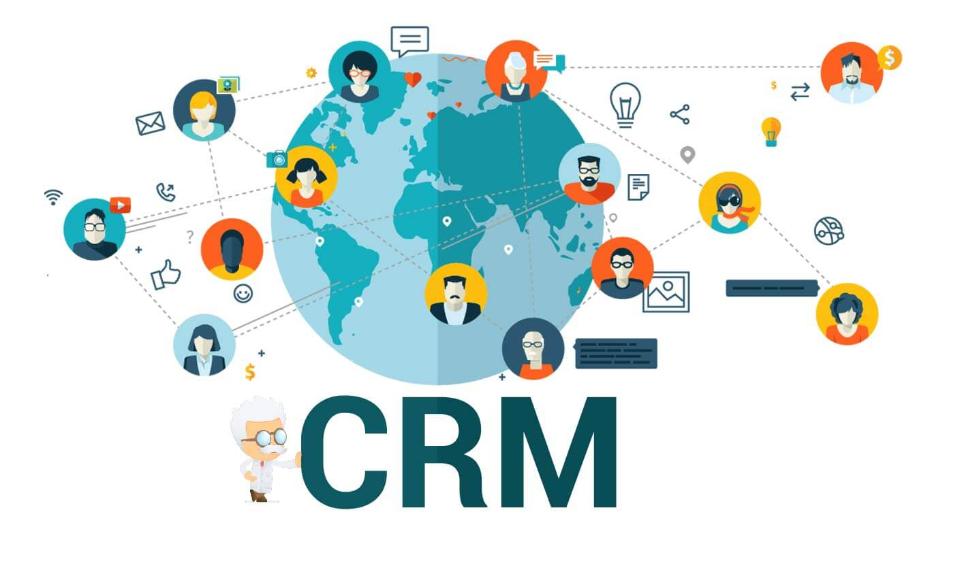
CRM - Constituent Management
The mission of many nonprofits is to serve a well-defined group of people or to support a specific cause. Target groups may include members, supporters, donors, volunteers, or the larger public. The growth and success of the organization depends on effective communication with each of these groups, and with growing their numbers.
CRM (Customer Relationship Management) tools are needed to manage relationships with donors, sponsors, members, clients, and volunteers. Odoo’s CRM system allows the management of leads, prospects, and donors. Contact records can include details about each of the contacts. Tags can be used to classify contacts into groups and manage specific campaign targets. Contact addresses can be geolocated and mapped. Geographic mapping allows for analysis based on ZIP codes, cities, regions, states, etc.
Campaign forecasts can be used to estimate fundraising budgets and to monitor whether the organization is on track with donations or grants. Staff or volunteers can be assigned to specific accounts and leads to have a clear understanding of the most efficient follow-up needed for maximizing incoming funds.
Many nonprofits maintain memberships, requiring management tools for keeping up-to-date rosters and triggering automated membership renewal messages. Ideally, members can pay their memberships online to avoid manual handling of cash or checks. Odoo provides a module for member management and allows for free or paid memberships
Donation Management
Because nonprofits rely so heavily on benefaction, organizations that place a greater emphasis on donor and donation management will secure more funding and maintain a more loyal donor base. Proper donation management involves the effective collection, tracking, and distribution of funds. It is tightly linked to Customer Relationship Management (CRM) functions used for defining an appropriate target group for specific campaigns, keeping track of donors, and making sure all donations are acknowledged with a warm thank-you letter. CRM is also used to capture donor information, preferences, and donation history.
The right software provides automated email campaigns to encourage potential donors to give to a meaningful cause. Campaigns are linked to the website and donor responses. Donations can be tracked automatically via the accounting functions, and campaign performance can be evaluated based on number of responses or financial data.
Built-in accounting functions allow processing of donations via check, credit card, or other popular payment methods. Managing donations directly in the accounting system reduces effort in handling and minimizes errors or fraud due to manual handling of funds. Funds can be channeled into specific programs based on the corresponding campaign to make sure the money is disbursed as intended.
Effective donation management helps to build and maintain relationships with donors, to ensure transparency and accountability in the use of funds, and ultimately, to achieve the mission and goals of the organization.
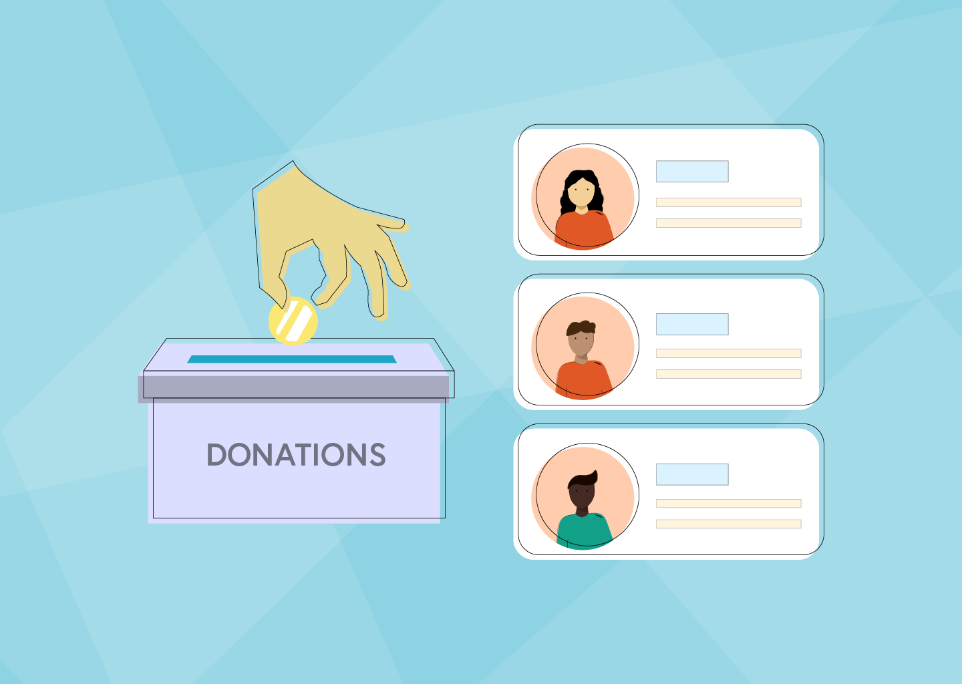

Outreach and Fundraising
Most nonprofits will typically run a number of outreach or fundraising campaigns. In addition to the call for donations mentioned above, campaigns might be launched to promote an educational program, a fundraising event, advocacy for a cause, or advertisement of the organization’s programs and services, as well as campaigns to recruit staff or volunteers.
The all-in-one nonprofit software includes tools for campaign setup and management, including tracking of responses via the website or social media. Tracking of campaign results can be used to fine-tune future campaigns for more efficiency.
Some fundraising campaigns such as walks require long-term planning. Project management tools are needed to define a timeline, tasks, and a checklist of specific activities. Resources need to be secured and assigned, facilities may need to be rented or permits obtained. Project management allows the fine-grained planning of these activities, plus financial and time tracking to allocate expenses to the appropriate programs and accounting funds.
Sales and Shopping
While not all nonprofit organizations offer paid products or services, for those who sell education, items, or assistance, an online shopping website or sales terminals in store locations can be very useful. Odoo allows the setup of products, inventory, and the ability to offer goods and services via their eCommerce website functions. Features include gift cards, discounts, and other special pricing for members, etc. The software also includes a point-of-sale feature to support cash registers inside of stores.
Odoo supports multiple payment providers, including PayPal, Amazon, Authorize.net, Stripe, or wire transfer. Purchases will be automatically invoiced and added to the accounting journals. The system will detect low inventory and prevent overselling. If desired, inventory can be replenished automatically via the purchasing tools and products that are tied to specific vendors.
Odoo also supports subscriptions. These can be set to auto-renew annually or at other frequencies. Subscriptions are useful for free or paid publications, memberships, or other recurring services.
Some nonprofit organizations provide free or paid rentals of equipment. Odoo manages rental inventory, provides the ability to sign up online for rental equipment, and handles the returns, notifications and any payments.

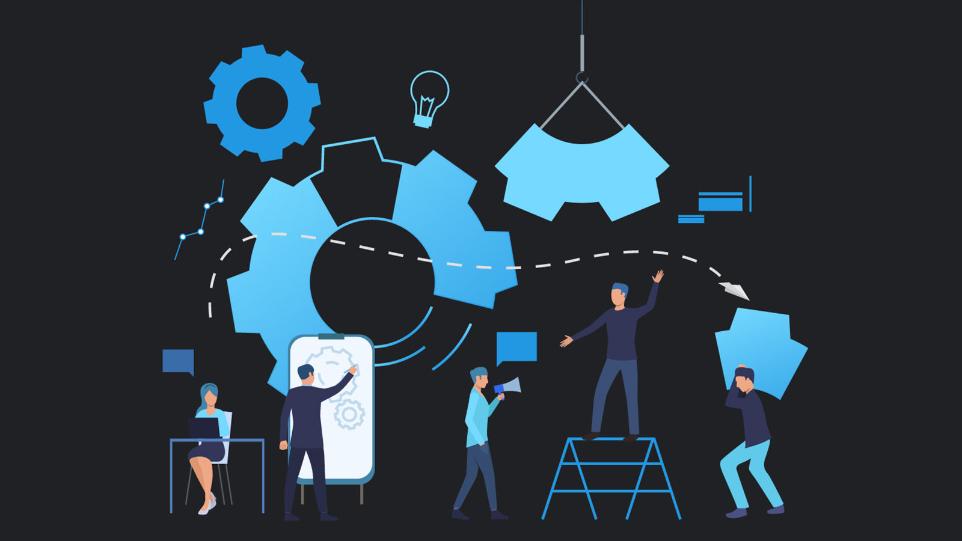
Operations
Nonprofits operate on a daily basis by using a myriad of business processes. These various processes are supported by software tools used for effective collaboration and management. The right tools are needed for project management, field services, video conferencing, email, and document management, for example
Project Management and Planning
Project management and planning are essential for nonprofit organizations to effectively achieve their mission and goals.
Nonprofits often undertake various projects, such as fundraising campaigns, community outreach programs, or research initiatives. By applying project management principles, nonprofits can define project objectives, allocate resources efficiently, create realistic timelines, and track progress towards project milestones. This ensures that limited resources are utilized effectively and that projects are completed on time and within budget. Moreover, proper planning helps nonprofits anticipate potential challenges and develop contingency plans to address them, ensuring smooth project execution. This approach can lead to increased productivity, improved collaboration among team members, and ultimately, better outcomes for the community being served.
Odoo supports Task management, Activity management, and tracking of hours and cost for each task and project.
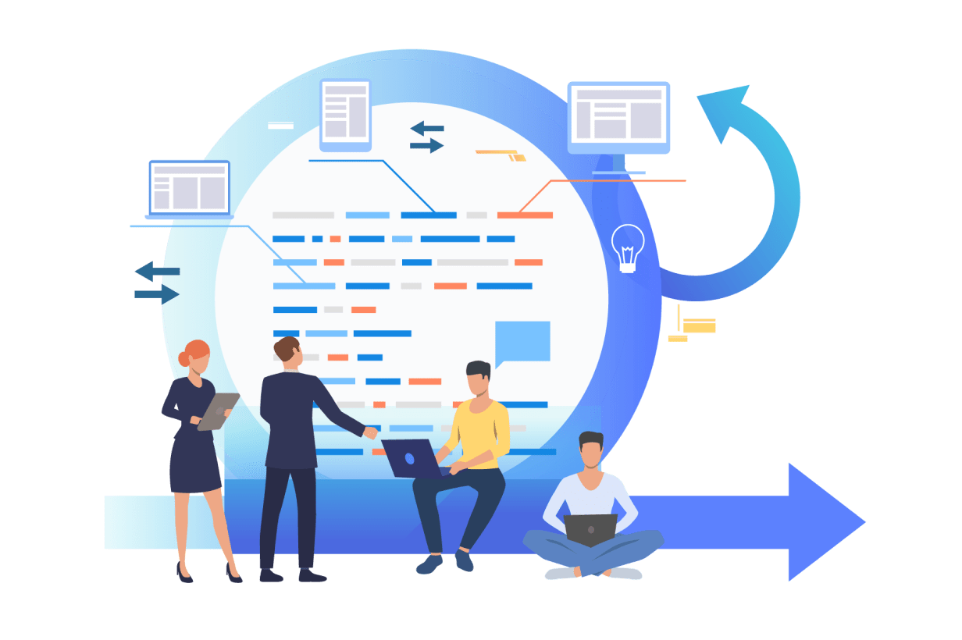
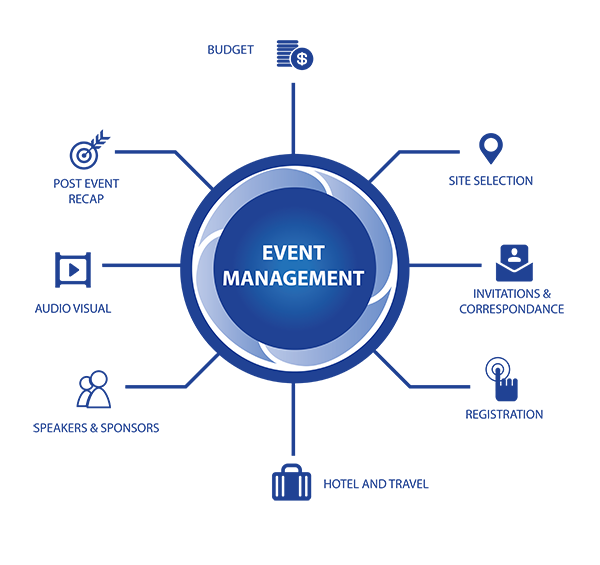
Events and Services
Event management and service coordination are key activities for nonprofit organizations to engage with their stakeholders, raise funds, and create awareness about their cause.
Nonprofits often organize events such as fundraising galas, community gatherings, or awareness campaigns. Efficient event management enables nonprofits to plan and execute these events effectively, from coordinating logistics to managing registrations and sponsorships.
By utilizing event management tools, nonprofits can streamline the event planning process, automate tasks like ticketing and registration, and track attendee engagement. Moreover, nonprofits that offer various services, such as counseling, educational programs, or healthcare clinics, can benefit from service management tools. These tools assist in scheduling appointments, managing client records, and tracking service delivery, thereby ensuring smooth operations and effective service provision. Ultimately, well-managed events and services help nonprofits to engage their supporters, deliver impactful experiences, and fulfill their mission more effectively.
Field Services
Field service management is crucial for nonprofit organizations that provide on-the-ground services to communities in need. Nonprofits often engage in activities such as disaster relief, healthcare outreach, or social service delivery.
Effective field service management enables nonprofits to streamline work order management, track service delivery, optimize routes for pickups or deliveries, and manage their fleet efficiently.
By utilizing field service management tools, nonprofits can improve the coordination of their field operations, enhance response times, and ensure that services reach the intended beneficiaries in a timely manner. This not only increases the organization's operational efficiency but also enhances its reputation and credibility within the community. Additionally, efficient field service management allows nonprofits to better allocate their resources, optimize volunteer or staff schedules, and track the impact of their services, thereby improving accountability and transparency.
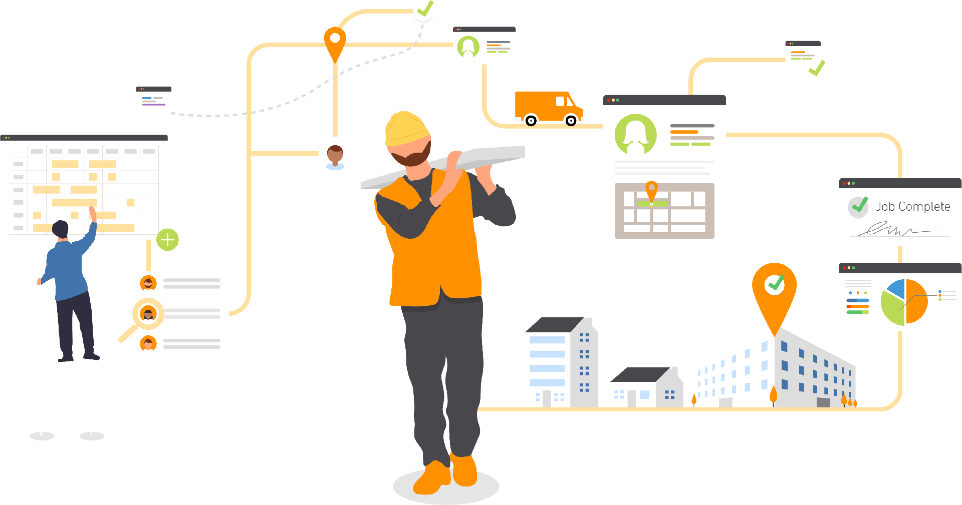
Accounting
Implementing an Enterprise Resource Planning (ERP) system with robust accounting functions can greatly benefit nonprofit organizations in managing their finances, maintaining transparency, and ensuring accountability to their stakeholders. Here's how a nonprofit organization can profit from an ERP system in accounting functions:
An ERP system enables nonprofits to manage their finances efficiently by providing a centralized platform to accurately track and report financial transactions. It automates processes such as recording income and expenses, generating financial statements, and reconciling accounts. By leveraging an ERP system for accounting, nonprofits can streamline their financial management, saving time and reducing the risk of errors associated with manual data entry.
Maintaining transparency and accountability is essential for nonprofit organizations to build trust with their stakeholders. An ERP system allows nonprofits to maintain accurate and up-to-date financial records, ensuring transparency in financial reporting. It provides real-time visibility into financial data, enabling stakeholders to access information and reports on demand. With an ERP system, nonprofits can demonstrate accountability by tracking and maintaining an audit trail of financial transactions, making it easier to respond to inquiries or requests for information.
Accurate tracking and reporting of financial transactions are critical for nonprofits to comply with regulatory requirements. An ERP system helps nonprofits adhere to accounting standards and regulatory guidelines. It automates compliance processes, such as generating required financial reports and ensuring that transactions are recorded and classified correctly. With an ERP system, nonprofits can improve their financial reporting accuracy, minimize compliance risks, and avoid penalties associated with non-compliance.
Managing budgets is a fundamental aspect of nonprofit financial management. An ERP system provides tools to create and track budgets, enabling nonprofits to monitor their financial performance against planned targets. It allows organizations to set budgetary controls, track actual expenses, and generate variance reports. By utilizing an ERP system for budget management, nonprofits can gain better control over their financial resources, optimize spending, and make informed decisions to achieve their mission more effectively.
Invoicing, payment tracking, and managing accounts receivable are crucial aspects of nonprofit accounting. An ERP system streamlines these processes by providing features to generate professional invoices, track payments, and manage accounts receivable. It automates payment reminders, facilitates online payment processing, and provides real-time visibility into outstanding balances. By leveraging an ERP system for invoicing and payment management, nonprofits can improve their cash flow, reduce delays in receivables, and enhance their financial stability.
Additionally, for nonprofits engaged in fund accounting, an ERP system offers specialized features to manage restricted funds, allocate expenses to specific programs or projects, and generate accurate financial reports for each fund. This enables nonprofits to demonstrate transparency and accountability to donors and grantors, ensuring that funds are used in accordance with donor intentions and regulatory requirements.

